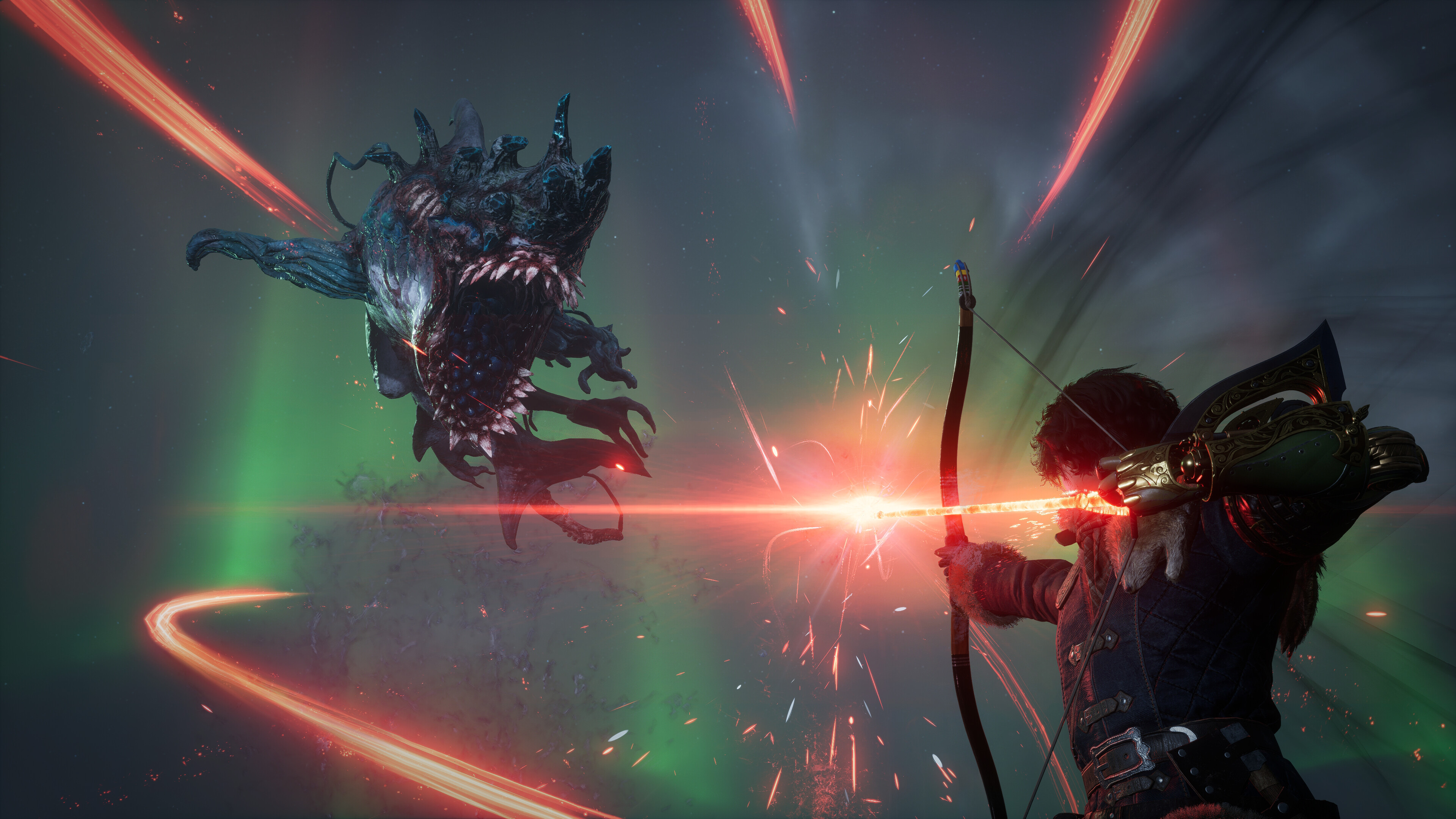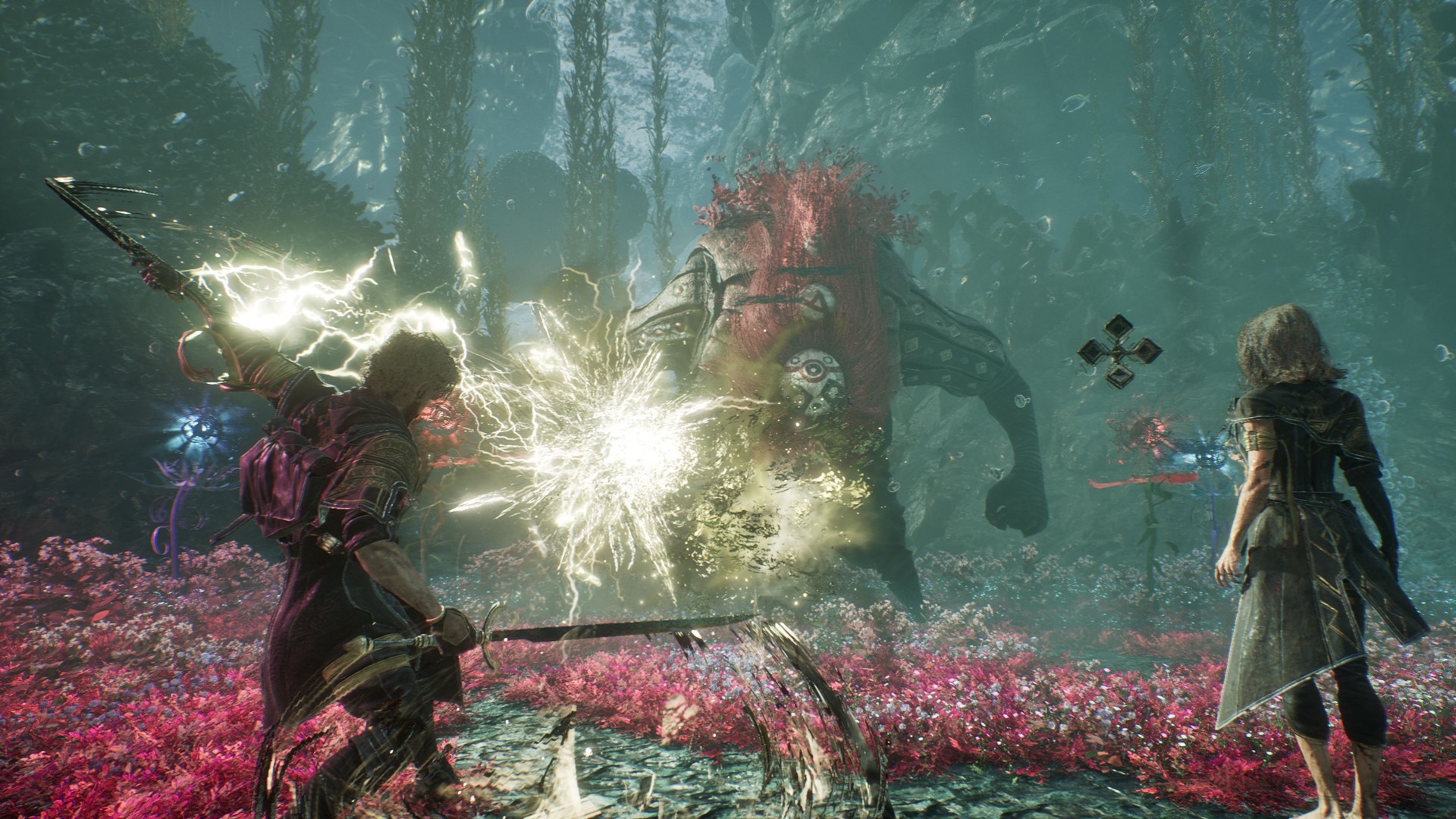Lies of P is a standout Soulslike that gained a huge player base on Xbox Game Pass, and while it’s no longer in the Game Pass library, it’s about to receive a huge update.
Lies of P: Overture launches later this Summer, adding a bunch of new content to the game, and a controversial change in difficulty that has left fans conflicted. The DLC launches with an update that adds difficulty options to the game, and has sparked a debate.
Is Neowiz broadening the player base at the expense of its core identity, or is this a much-needed addition for the game’s accessibility?
Why the change?
The developers have cited extensive feedback as the driving force behind the new options, designed to accommodate players who may struggle with the genre’s notorious difficulty.
Adding modes like ‘Butterfly’s Guidance’ for a story-focused experience and ‘Awakened Puppet’ as a slightly less punishing mode, alongside the default ‘Legendary Stalker’, marks a departure from the one-size-fits-all approach typical in Soulslike games.
In an interview with Video Games Chronicle, the developers said,” by making development adjustments and introducing these difficulty options, we can offer the experience to different types of players. This broadens the base.”
In short, they simply want more people to be able to play their game. That’s not a bad thing, right?
Why Lies of P fans are mad
One of the worst decisions I have seen in recent time. https://t.co/MlADO7c9MjMay 22, 2025
Those critical of this addition argue that by adding difficulty levels to Lies of P, you take away something that is integral to the Soulslike genre, which is forcing the player to learn, adapt, and overcome the challenge. Or as a certain gamer philosophy says, “git gud, scrub.”
Having difficulty options dilutes this shared experience between players of the game, and ultimately erodes the core experience. A single difficulty unites players through a shared struggle, and I do completely understand this mindset.
Taking one of my favorite games of recent times, for example, Elden Ring and its DLC Shadow of the Erdtree. The community thrives on exchanging strategies for overcoming tough bosses, sharing tips on hidden items, or debating the best builds to tackle specific challenges. It makes it a much more rewarding experience.
Of course, even within a unified difficulty system, some players create their own standards of legitimacy. In Elden Ring, for instance, debates often arise over using spirit summons in boss fights. Some purists dismiss it as “cheesing,” arguing it undermines the true challenge.
Even without formal difficulty levels, players naturally find ways to impose their own rules and hierarchies within the community anyway. But taking this away by adding difficulty levels erodes what makes Soulikes so unique. Something which, awkwardly, the game director said themselves
Bear in mind the quote above is from a two-year-old interview, and of course, things and opinions do change.
Some argue that designing a game around one difficulty allows developers to fine-tune encounters. Critics fear that introducing multiple levels could result in a less balanced design, particularly for the default ‘Legendary Stalker’ mode.
Of course, adding easier options to a game will widen its player base. Not everyone has the time or physical ability to tackle Soulslike games, and by adding an easier gameplay mode, the game becomes more inclusive for these people. Is that a bad thing?
Players who enjoy a challenge can simply opt for the default or higher difficulty modes and let others experience the story and world-building without the frustration of not being able to get past that one boss. If you don’t like easier options, you simply need not engage with them.
That said, this argument can cut both ways. If a game is too difficult, someone can simply not engage with it and go play something else.
For instance, despite my love for Soulslikes, I’ve steered clear of Sekiro. I know its challenge would likely be beyond my patience, but I don’t feel the need to ask for the game to be made easier for my sake. There’s plenty else out there for me to enjoy.
I can see both sides of the coin
As a parent with limited time to play games, I’ve often leaned toward easier difficulties as a way to save time. At least, that’s how I justified it. The truth is, I never thought I’d be capable of playing a Soulslike title. I picked up Dark Souls three times, only to put it down each time in frustration—until I finally powered through to prove something to myself.
That perseverance paid off, and Dark Souls became one of my favorite games of all time. Not just because it’s a fantastic game, but because it forced me to believe in my own ability. I had to fight some bosses over 20 times to get past them, but I did it, and those victories are mine. With no difficulty to lower, my only option was to improve. If difficulty levels had been available, I know I would have opted for the easy road and missed out on this experience.
That said, I don’t judge others for playing games in a way that suits them. Recently, I shared a mod to make parrying in Clair Obscur: Expedition 33 easier for players who wanted to focus on the story. Even in Story Mode, that game requires some mastery of parrying or dodging to avoid frequent deaths. Yet, simply sharing this option drew backlash online, with commenters deriding anyone weak enough to use the mod.
Frankly, I don’t care. Single-player games are personal experiences. How others choose to enjoy a game doesn’t diminish my own experience. At the end of the day, as long as players are having fun, they should play however they want.
I do believe that adding difficulty options to Lies of P somewhat dilutes its classification as a true ‘Soulslike’, though.
What do you think about the new modes? Ultimately, this comes down to perspective: is it better to adjust a game to accommodate a wider audience, or to preserve its original vision, leaving players to decide if it’s the right fit for them?
Share your thoughts in the comments!






